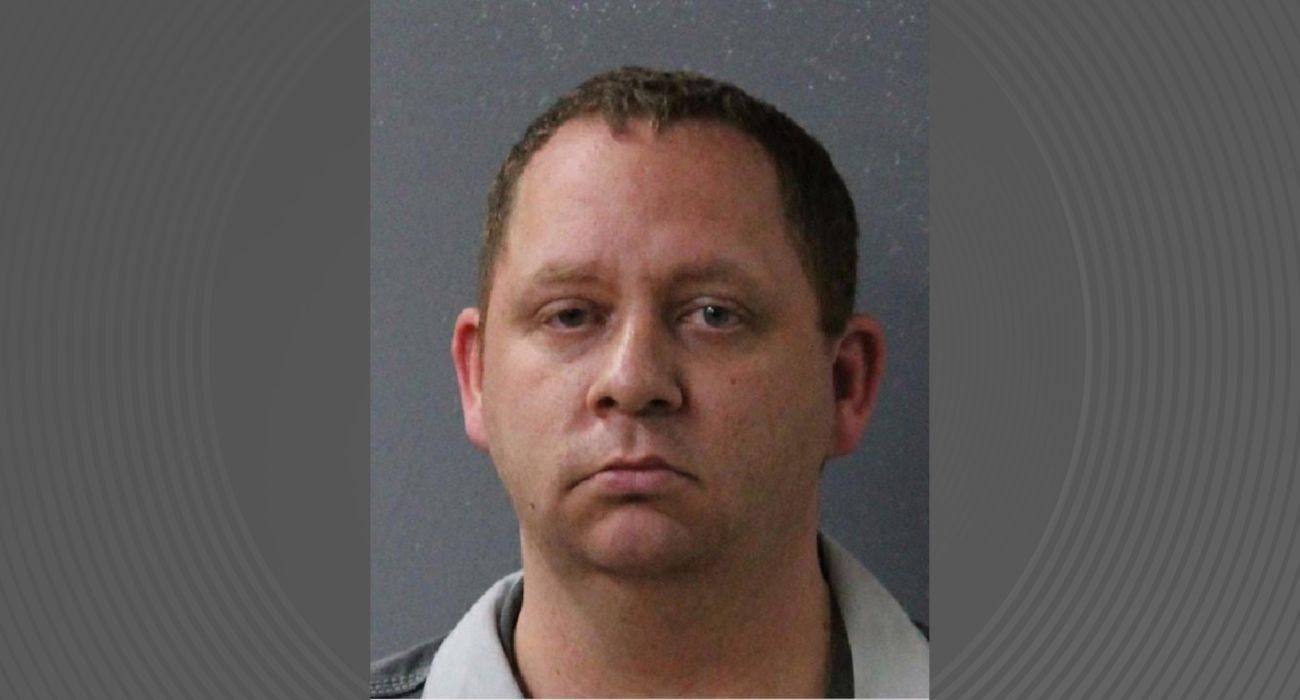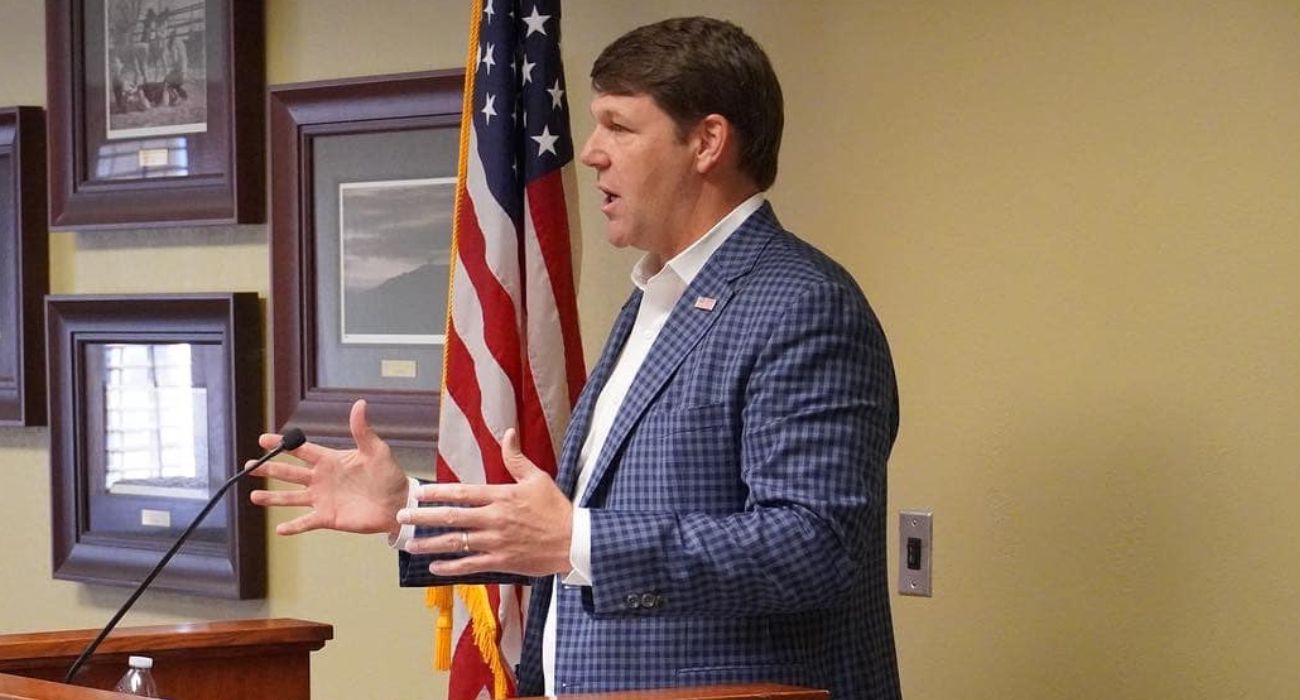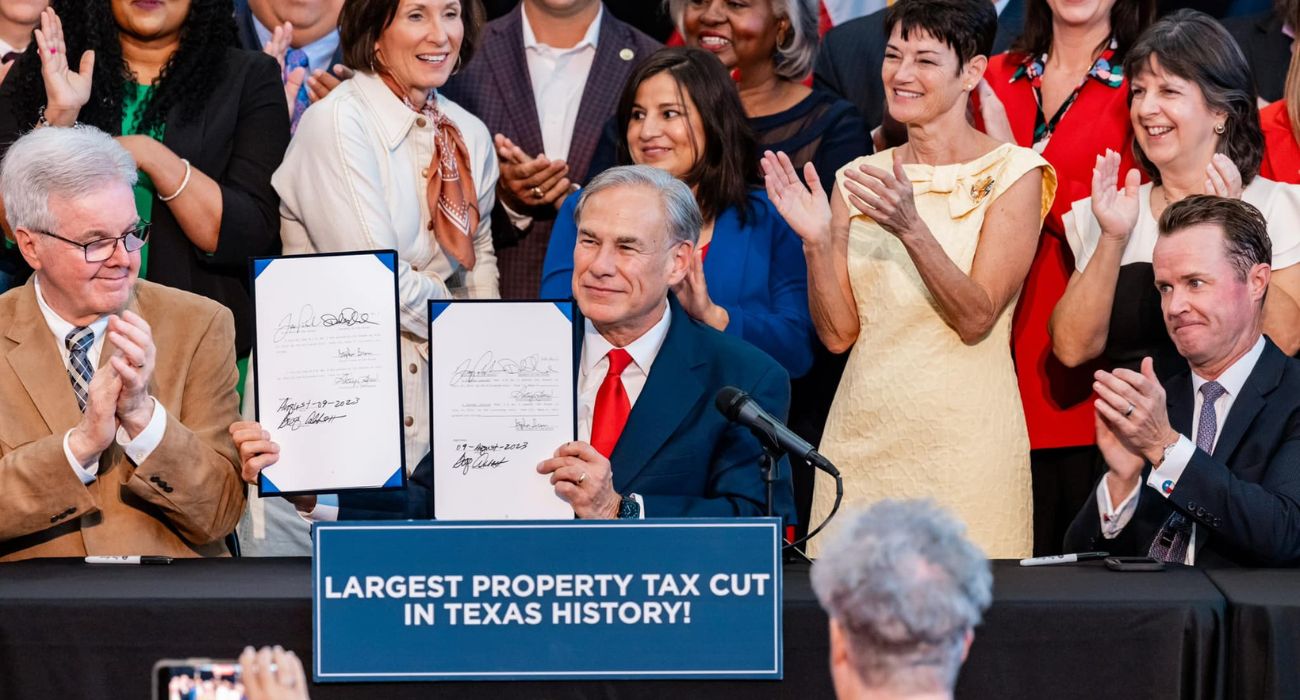Texas Central’s proposed high-speed rail from Dallas to Houston has hit another snag. The company has been attempting to begin building the high-speed rail link between Dallas and Houston for over six years. It is already awaiting a decision from the Texas Supreme Court on an eminent domain case filed in 2016 by a landowner, Jim Miles.
As part of Miles V. Texas Central, an amicus brief has been filed alleging that Texas Central is delinquent on over $600,000 in property taxes.
The brief alleges that Texas Central owes property taxes to ten counties. Eight counties filed the brief, including Grimes, Waller, Madison, Leon, Ellis, Freestone, Limestone, and Navarro. Harris County and Dallas County are included in the alleged tax delinquency, but neither county was party to the amicus brief. Harris County Commissioners Rodney Elis and Adrian Garcia have filed a separate amicus brief in the case expressing support for the project.
The most delinquent property taxes are owed to Harris County in the amount of $216,359.85 — the least is owed to Leon County for $3,942.30. Dallas County is owed $29,898.26, and the amounts will continue to increase the longer they go unpaid as interest accrues.
Ellis County is still determining how much is owed to them. Ellis County states in the amicus brief that they mistakenly granted tax exemptions to Texas Central, but they have since removed the exemptions.
Waller County Judge Trey Duhon said the counties needed to file this brief to warn the Texas Supreme Court that Texas Central may not have the finances to undertake the high-speed rail project.
“We felt it was important to share this telling information with the Supreme Court of Texas,” Waller said. “Texas Central would have the Court believe they are capable of building a $30B project and should be entrusted with the enormous power of eminent domain …yet, the truth is they are incapable of doing something that responsible property owners must do every year — pay their property taxes.”
The finances of Texas Central have been a concern for some time. In 2020, Texas Central board chairman Drayton McLane Jr. admitted in a letter that the project’s costs had increased significantly above projections to about $30 billion.
The company also first said they would be able to finance the entire project privately but have since admitted they will need federal funding. The request for federal funding faces concerns over its ability to use funds from President Joe Biden’s Build Back Better program because of its use of foreign contractors.
The delinquent property taxes will again question the company’s ability to afford the project. Texas Central currently owns forty-seven parcels of land, which is just a small fraction of the 9,000 acres needed to build the 236-mile high-speed rail line between Houston and Dallas. If it cannot pay the property taxes on the land it owns now, the Texas Supreme Court may question whether it should grant the company the power of an eminent domain.
Kellen Zale, an associate professor with the University of Houston, told Community Impact Newspaper that using eminent domain does not affect taxing requirements.
“There is a caveat that some entities given eminent domain may have a different status relating to their taxes, but overall, once the title is transferred and compensation paid, they have to pay taxes,” Zale said.
By holding the land but not paying the property taxes, the brief says Texas Central “is actively harming the impacted counties by depriving them of funds needed for essential public services.”






